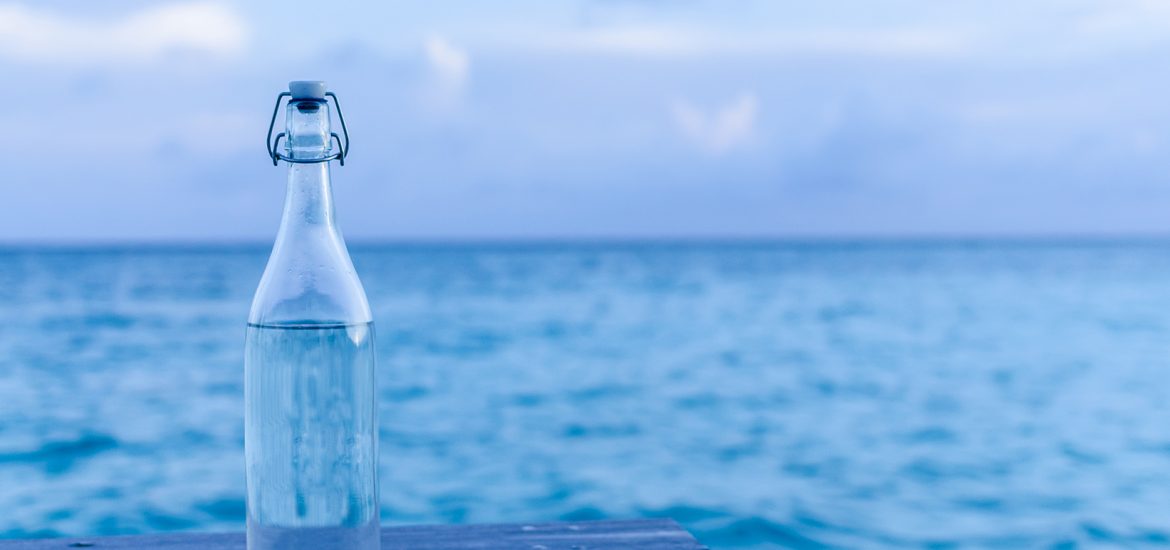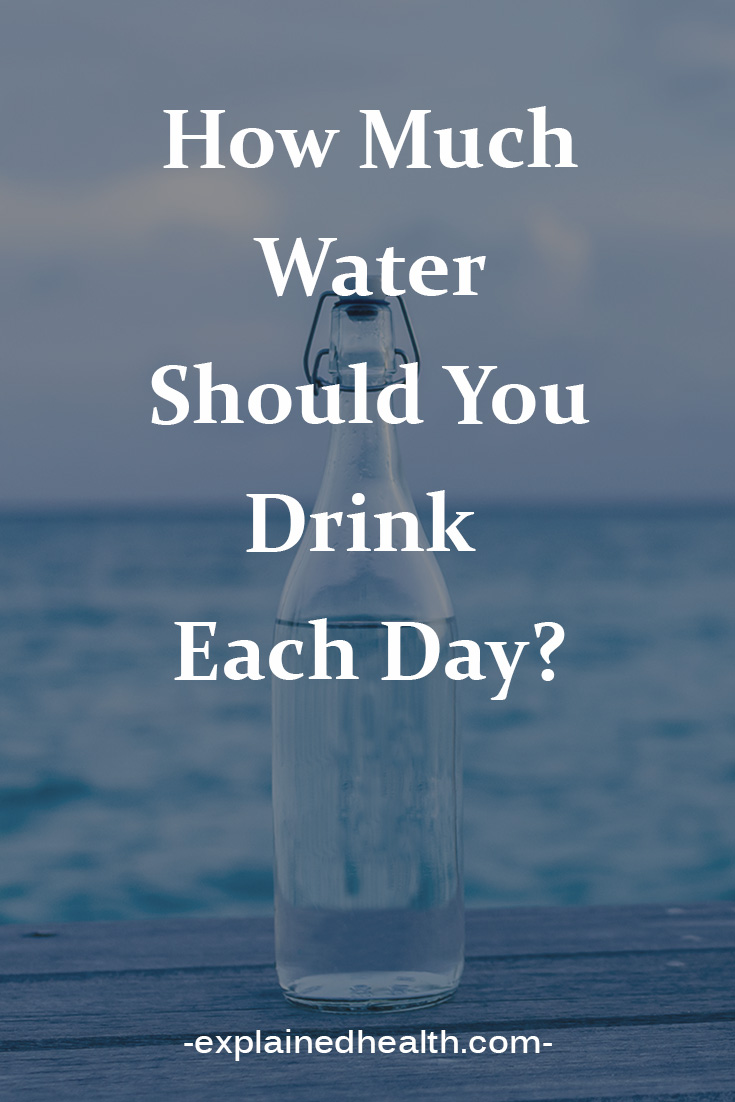So lets get down to the most basic question that anyone who wants to live a healthy life has: How many liters of water a day should you drink?
No matter what your health and fitness plan includes, whether you’re trying to lose weight, get more fit, or just live healthier, water is the most essential part.
Here’s some quick facts about how water is used in your body:
- Water composes 75% of your brain
- It makes up 85% of your blood
- It cushions your joints
- Your musclesare 75% water
- Water helps digest the food you eat,
- and it is what helps bring nutrients to the rest of your body
Needless to say, you can’t survive without water, and even a small lack of water (less than 2%) can lead to diminished health and performance (in sports or really every day life).
When you don’t get enough water, your body goes into standby mode, slowly decreasing the functionality of your brain, muscles and other organs. This means that with only a 2% decrease in your body’s water supply, you could be thinking more slowly and less creatively. This also means that if you’re doing an activity, like sports or hitting the gym, or even going for a walk, there is less water in your muscles, and you’ll tire quicker, and have a better chance at injuring yourself.
So what is the proper amount of water to drink every day?
The most common motto for drinking water is ‘8 Glasses a Day’, but I find this very vague and really doesn’t give you an amount, especially since it varies depending on sex, weight and activity. A 120lbs girl will require a different amount of water as a 250lbs man, so the 8 glasses is essentially flawed.
The best calculation that I’ve found of how much water to drink is this:
One-half your weight in pounds, in ounces of water.
OR if you’re an active person, or in a dry climate, use:
Two-thirds your weight in pounds, in ounces of water.
So lets use this in real numbers.
Say you weigh 160 pounds, and you’re going to use the 1/2 equation. This is how it’ll look for you:
160lbs / 2 = 80 oz
80 oz = 2.37 litres
So over the course of a day, you should be drinking 2.37 (lets round it up to 2.5) litres per day.
Or if you’re active, or in a dry area (this is the calculation I, myself, use):
(160lbs / 3) * 2 = 106.67 oz
106.67 oz = 3.15 litres
With the 2/3 equation, you should be drinking 3.25 (rounded up) litres per day.
This may not look like a lot, but if you start monitoring your drinking, you may find that it is a lot more than what you normally drink. If you’re just starting your new water-drinking journey, you may want to start at the 1/2 equation, then once you get that going regularly, increase it to the 2/3 equation. Baby steps.
Additional Numbers
Using the 1/2 or 2/3 amounts are a good start for how much to drink, but there are more parts to consider. Here’s a quick guide to what other amounts of water you need to think about.
Working Out/Sports
It is essential to be well-hydrated before, during and after sports, workouts or other activities. A good tip is to drink water about an hour before an activity to start it well, then drink water during, and after as well. Here’s a sample of how it should work:
- One hour before your workout, drink 400-600ml of water
- During your workout, drink another 200lm every 15 minutes.
- Within an hour after the workout drink another 400-600ml
Its good to note that the body can’t absorb more than 600ml of water per hour, so downing a liter before a workout won’t help any more than a 600ml drink. After an intense workout or cardio sport, with a lot of sweating, you will want to ensure you’re getting at least 600ml of water each hour for 2-4 hours after to replace the water lost in sweat.
Drier Climates
Dry climates, whether warm or cold, tend to dehydrate us faster than humid climates. So a good tip here is to drink approximately 5-10% more on a dry day. This may vary depending on where you are, and there is no other way to judge this beyond watching the local weather, or noticing if your body feels drier (lips are a good indicator).
Drinking Diuretics
Diuretics are substances that promote the production of urine. These are normally seen in the form of caffeine-containing beverages, such as coffee or some sodas. Diuretics essentially cause your body to push more urine out, meaning you lose more water than normal while drinking these drinks. If you’re a “extra-extra-large” kind of coffee person, its important to note that coffee shouldn’t count as your daily water intake, and could potentially cause you to require more water to balance out the amount of water that leaves your body due to drinking it.
Conclusions
The true amount of water you should be drinking each day really depends on a number of factors, but can be calculated fairly easily. Obviously the best measurement is how you’re feeling. If you’re feeling dehydrated all the time, then start with a more controlled regiment of drinking water each day. You can use the calculations above to figure out your optimal intake of water, but as always, use your best judgement and consult a doctor if you’re concerned about anything with your health.
Header photo by maaco
Note: The article above may contain affiliate links to Amazon.com. I may earn a small commission for my endorsement, recommendation, testimonial, and/or link to any products or services from this website.



[…] Check out this article from: explainedhealth.com […]
[…] en cuenta que tu cuerpo únicamente puede absorber entre 400 y 600 mililitros de agua cada hora. Así que, aunque tomes dos litros de agua en un momento, tu cuerpo tomará una pequeña cantidad y […]